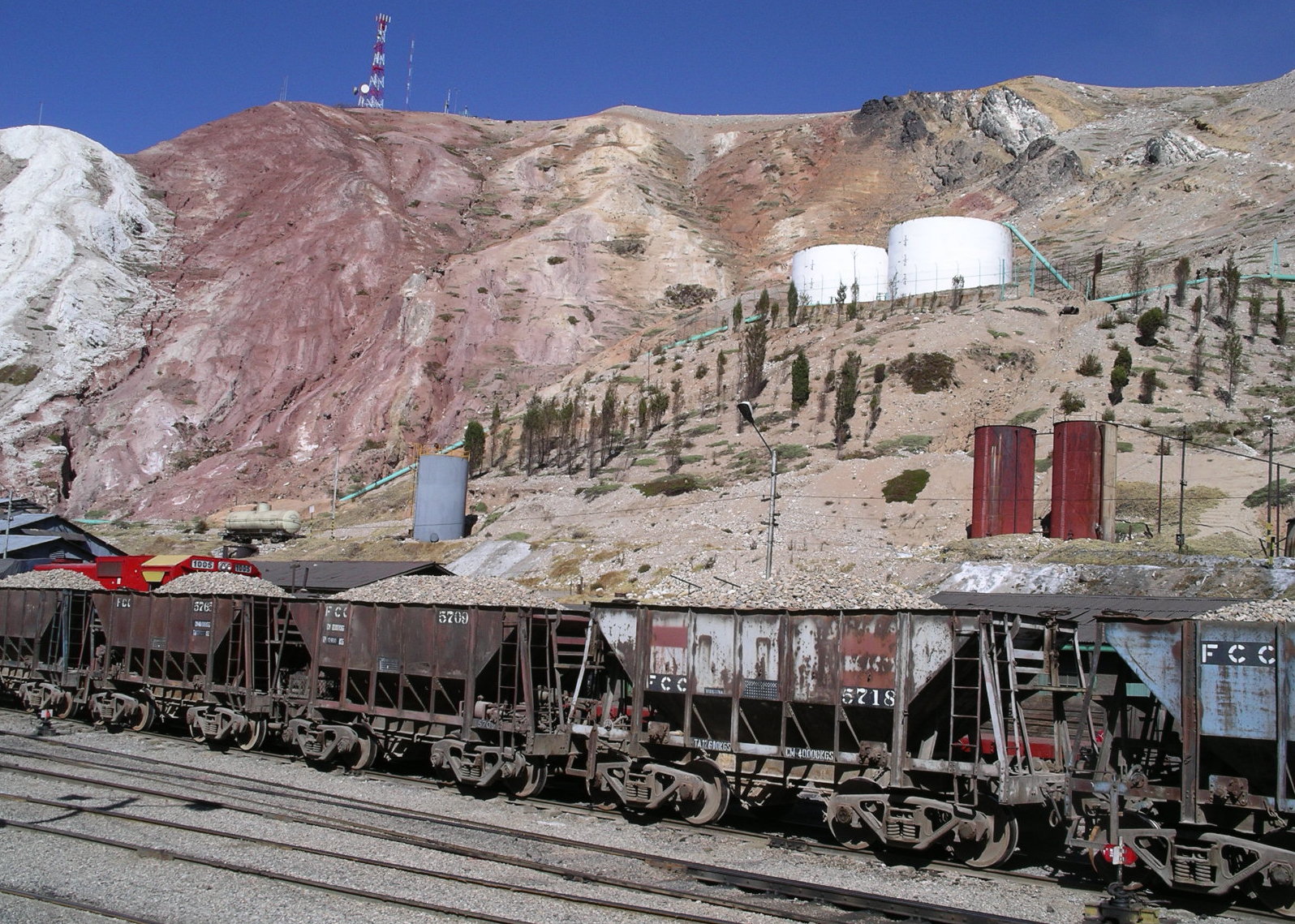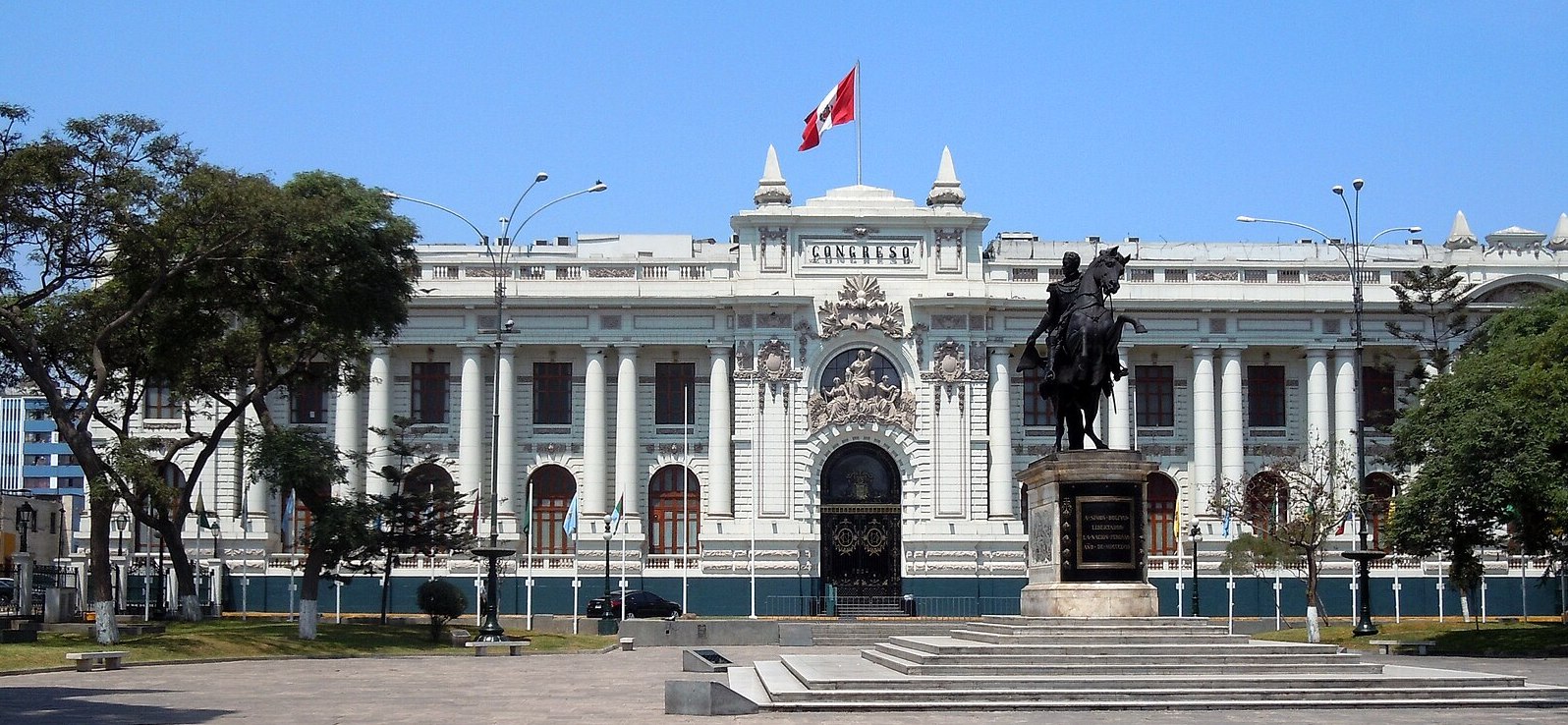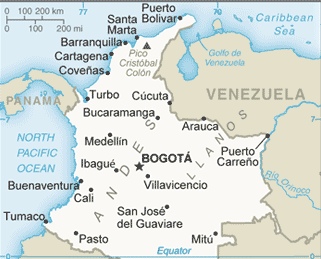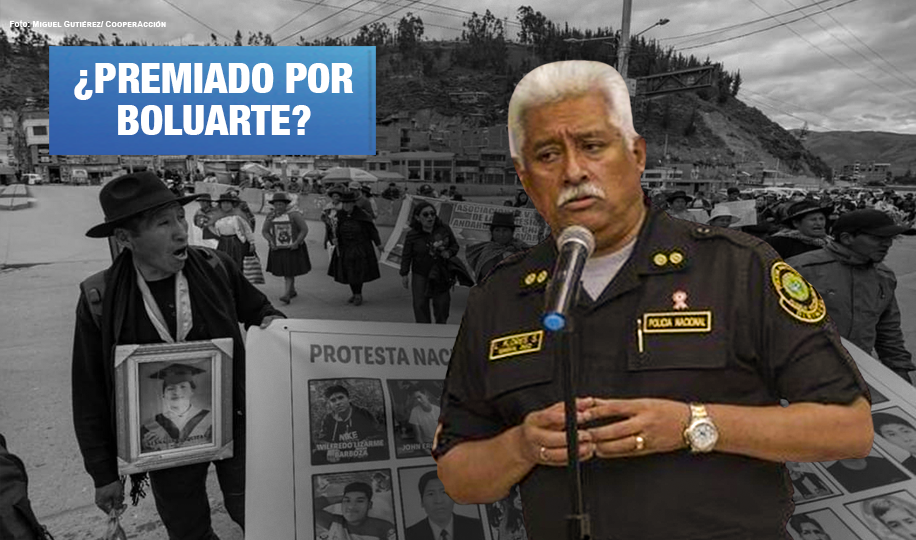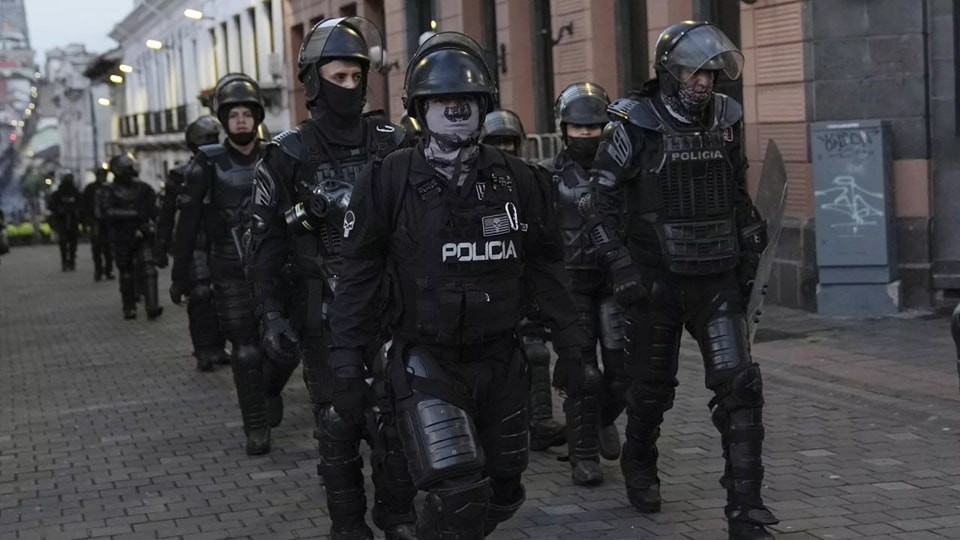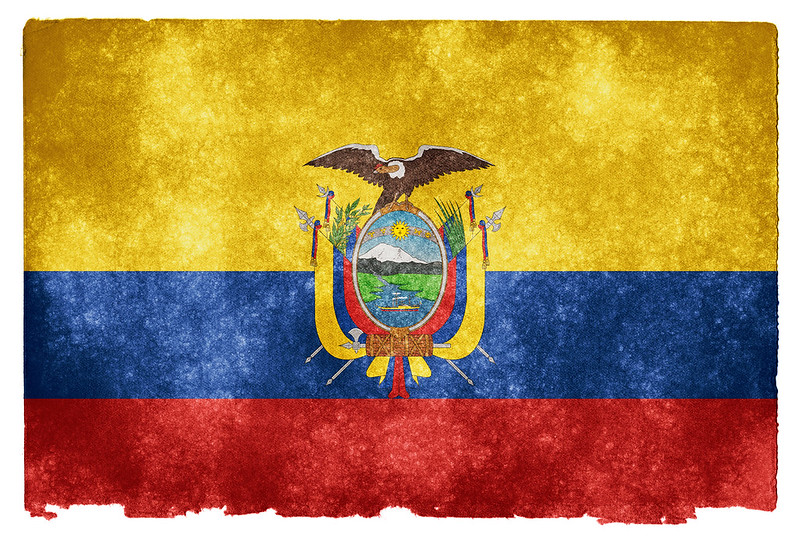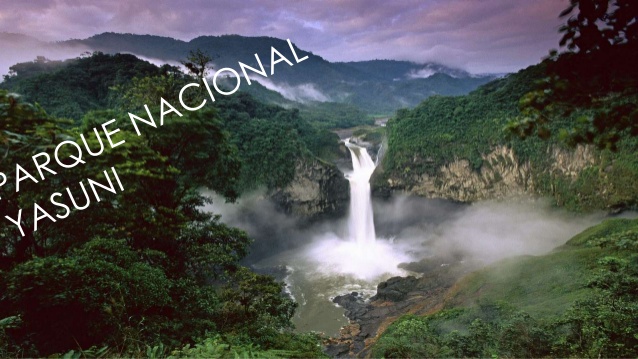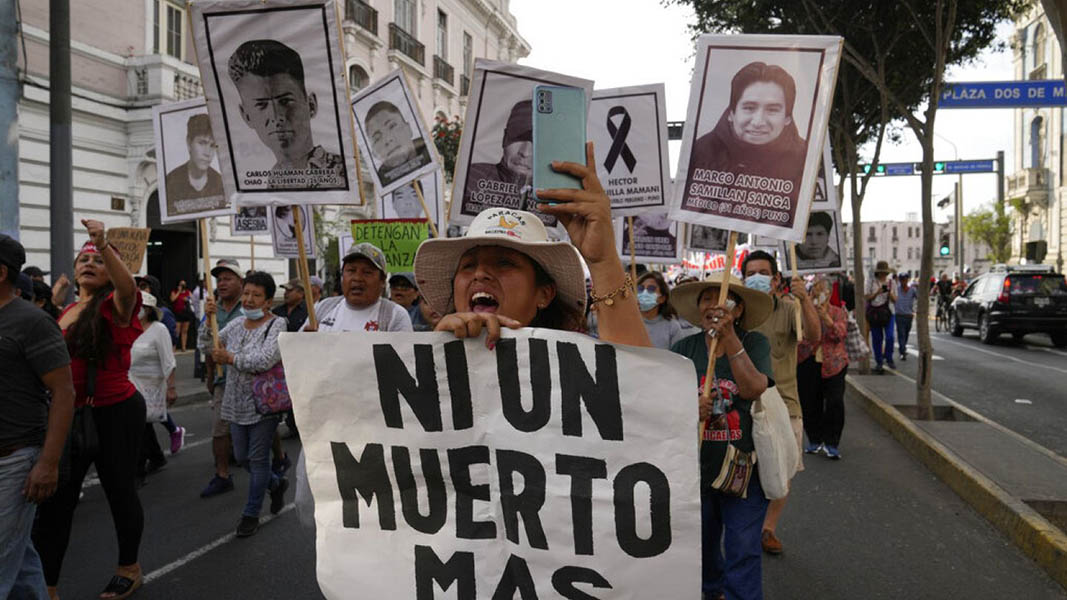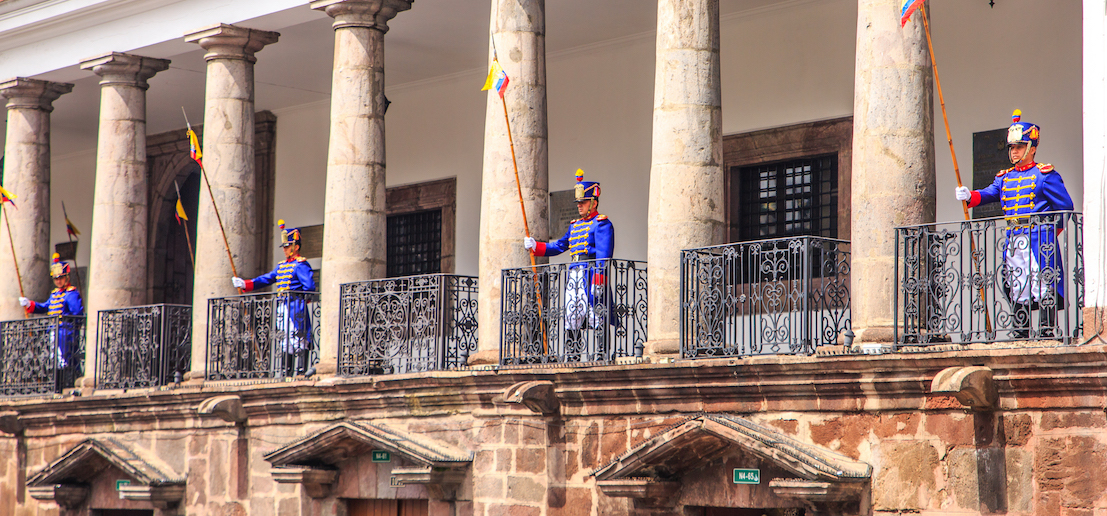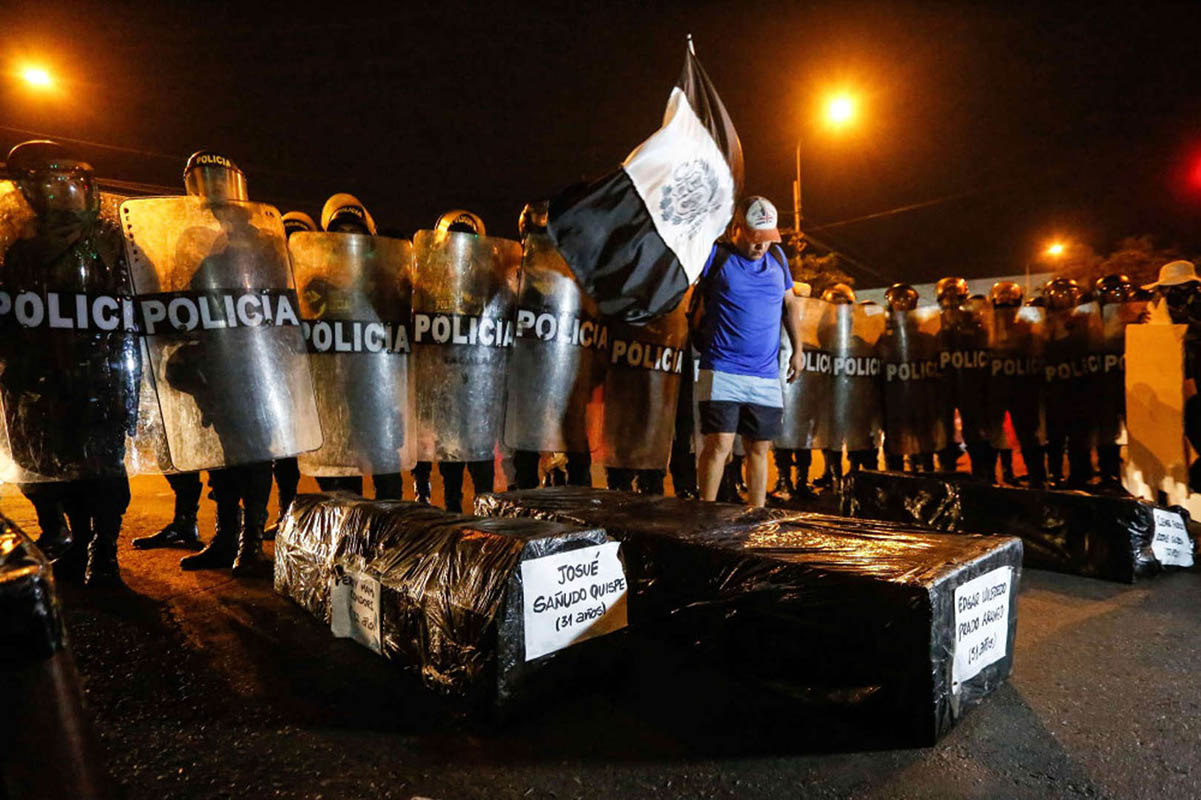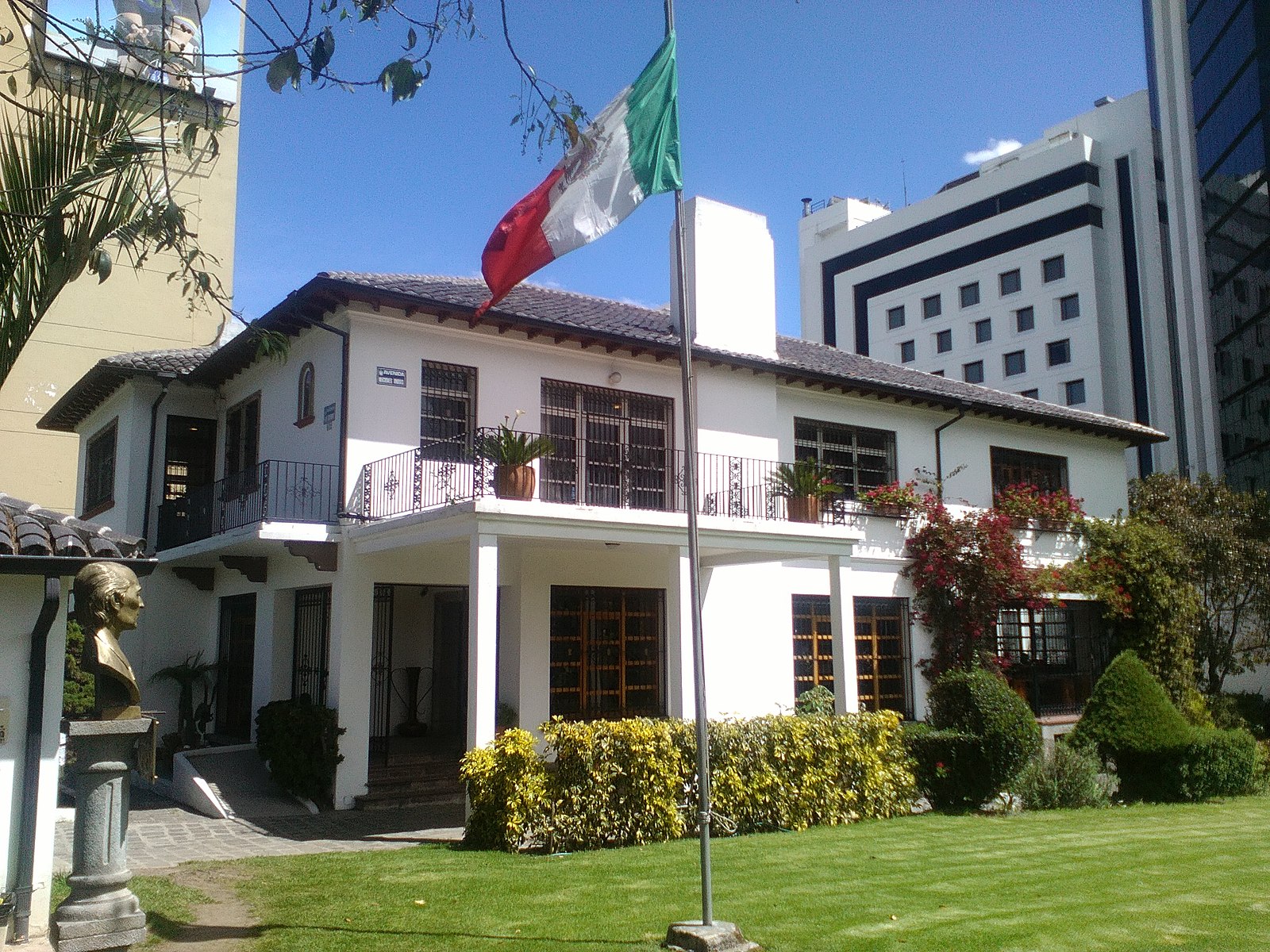
Mexico cuts ties with Ecuador after embassy raid
Mexico’s President Andrés Manuel López Obrador announced the suspension of diplomatic ties with Ecuador following a raid by Ecuadoran police on the Mexican embassy in Quito and the subsequent arrest of the country’s former vice president Jorge Glas—who was wanted on corruption charges and seeking asylum. Ecuador’s Foreign Ministry stated that the decision was taken to forcibly enter the embassy because of the imminent risk of Glas fleeing the country. The General Secretariat of the Organization of American States (OAS) issued a statement expressing its rejection of any action that endangers the inviolability of the premises of diplomatic missions. The General Secretariat called for dialogue between Ecuador and Mexico and convened a meeting of the Permanent Council of the OAS to address the issue. (Photo: Embajada de México en Ecuador via WikimediaCommons)



